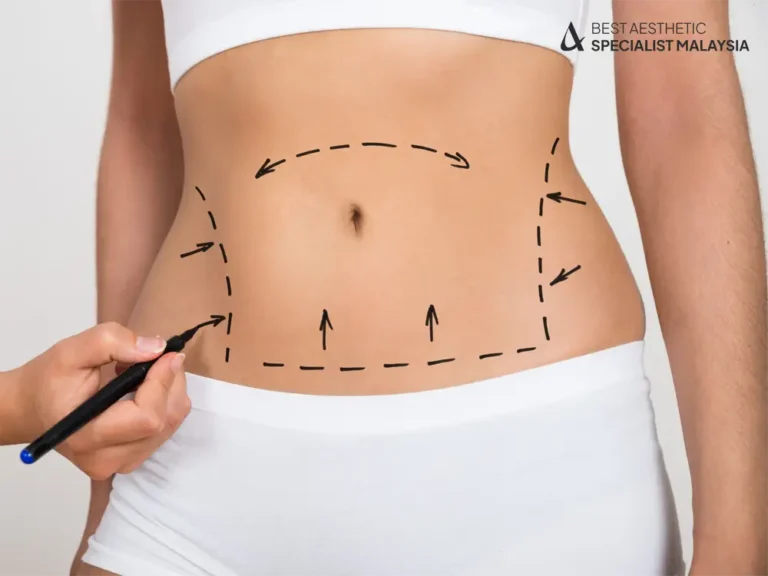Liposuction has emerged as one of the most popular cosmetic procedures in the world, known for its ability to sculpt and contour the body by removing stubborn fat deposits. While it offers numerous benefits, it’s essential to have a thorough understanding of what the procedure entails, who it is suitable for, and what to expect before, during, and after the surgery.
What is Liposuction?
Liposuction, also known as suction-assisted lipectomy, is a surgical procedure designed to remove excess fat from specific areas of the body. It is not a weight-loss solution; rather, it serves as a method to improve body contours and proportions. Common areas targeted during liposuction include the abdomen, thighs, buttocks, arms, neck, and back.
How Does Liposuction Work?
During the liposuction procedure, a surgeon will use one of several techniques to remove fat from the body. The most common method is the tumescent technique, where a saline solution mixed with local anesthetic and epinephrine is injected into the treatment area. This solution causes the fat to swell and makes it easier to remove.
The surgeon then makes small incisions in the skin and inserts a thin tube called a cannula to suction out the fat. The size and number of incisions vary depending on the amount of fat to be removed and the areas being treated. In some cases, patients may undergo liposuction under general anesthesia, while others may be treated with local anesthesia and sedation.
Who is a Good Candidate for Liposuction?
Not everyone is a suitable candidate for liposuction. Ideal candidates typically include:
- Individuals who are close to their target weight but struggle with localized fat deposits that don’t respond to diet and exercise.
- Adults in good overall health with realistic expectations about the outcomes of the procedure.
- Non-smokers, as smoking can impede healing and increase complications.
Liposuction is generally recommended for individuals who are within 30% of their ideal body weight and have firm, elastic skin.
Pros and Cons of Liposuction
Like any surgical procedure, liposuction has its advantages and disadvantages. Here are some of the key points to consider:
Pros:
- Targeted Fat Removal: Liposuction effectively removes stubborn fat that does not respond to diet and exercise.
- Improved Body Contours: Patients often experience enhanced body proportions, leading to improved self-esteem.
- Quick Recovery: Many patients can return to light activities within a few days, although full recovery may take weeks.
Cons:
- Surgical Risks: As with any surgery, liposuction carries risks, including infection, anesthesia complications, and scarring.
- Not a Weight Loss Solution: It is crucial to understand that liposuction is not intended for significant weight loss; it is designed for body contouring.
- Potential for Uneven Results: If not performed correctly, liposuction can lead to irregularities in skin texture and contour.
What to Expect During Recovery
Recovery from liposuction varies depending on the extent of the procedure and the individual. Here are some common experiences and tips for recovery:
- Initial Recovery: Patients may experience swelling, bruising, and discomfort in the treated areas. Pain management through prescribed medications is often necessary.
- Compression Garments: Wearing compression garments is typically recommended to help reduce swelling and support the healing process.
- Return to Activities: Many patients can return to work within a week but should avoid strenuous activities for at least a month. Light activities can usually resume within a few days.
- Long-term Results: While patients may see immediate changes, the final results typically become apparent as swelling subsides over the following weeks.
Choosing the Right Surgeon
Selecting a qualified, board-certified plastic surgeon is crucial for achieving the best results from liposuction. It is essential to schedule consultations with potential surgeons to discuss your goals, review before-and-after photos of previous patients, and ensure you feel comfortable with their approach and expertise.
Conclusion
Liposuction can be a life-changing procedure for those struggling with stubborn fat deposits. However, it’s essential to approach it with realistic expectations and a thorough understanding of the procedure. As always, a consultation with a qualified plastic surgeon is the best way to determine if liposuction is right for you.
If you’re considering liposuction, take the time to research and ask questions to ensure that you make an informed decision. With the right preparation and guidance, you can achieve the body contours you desire and enhance your confidence.
For more detailed information on liposuction, feel free to consult a board-certified plastic surgeon or check additional resources available online.

